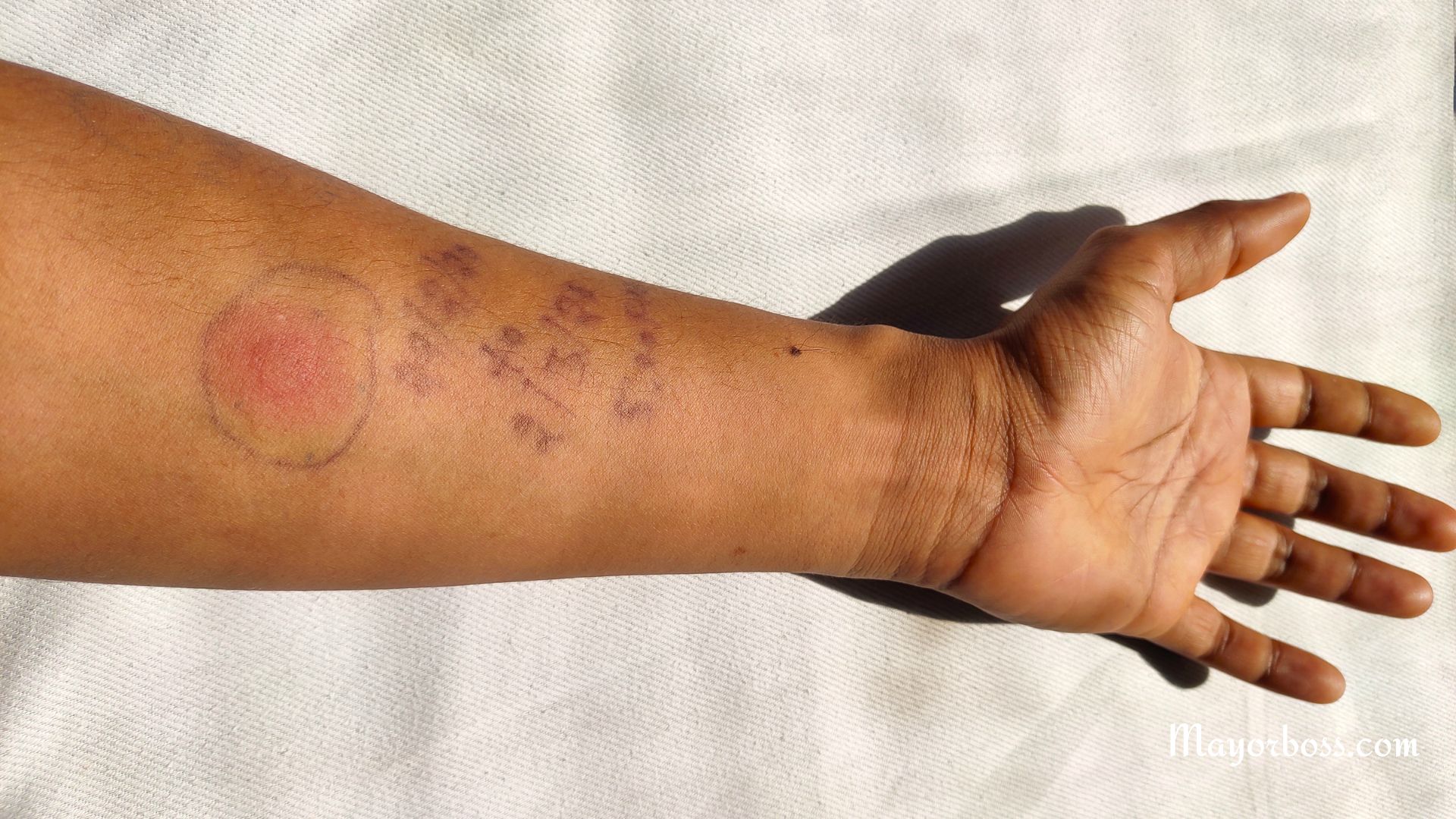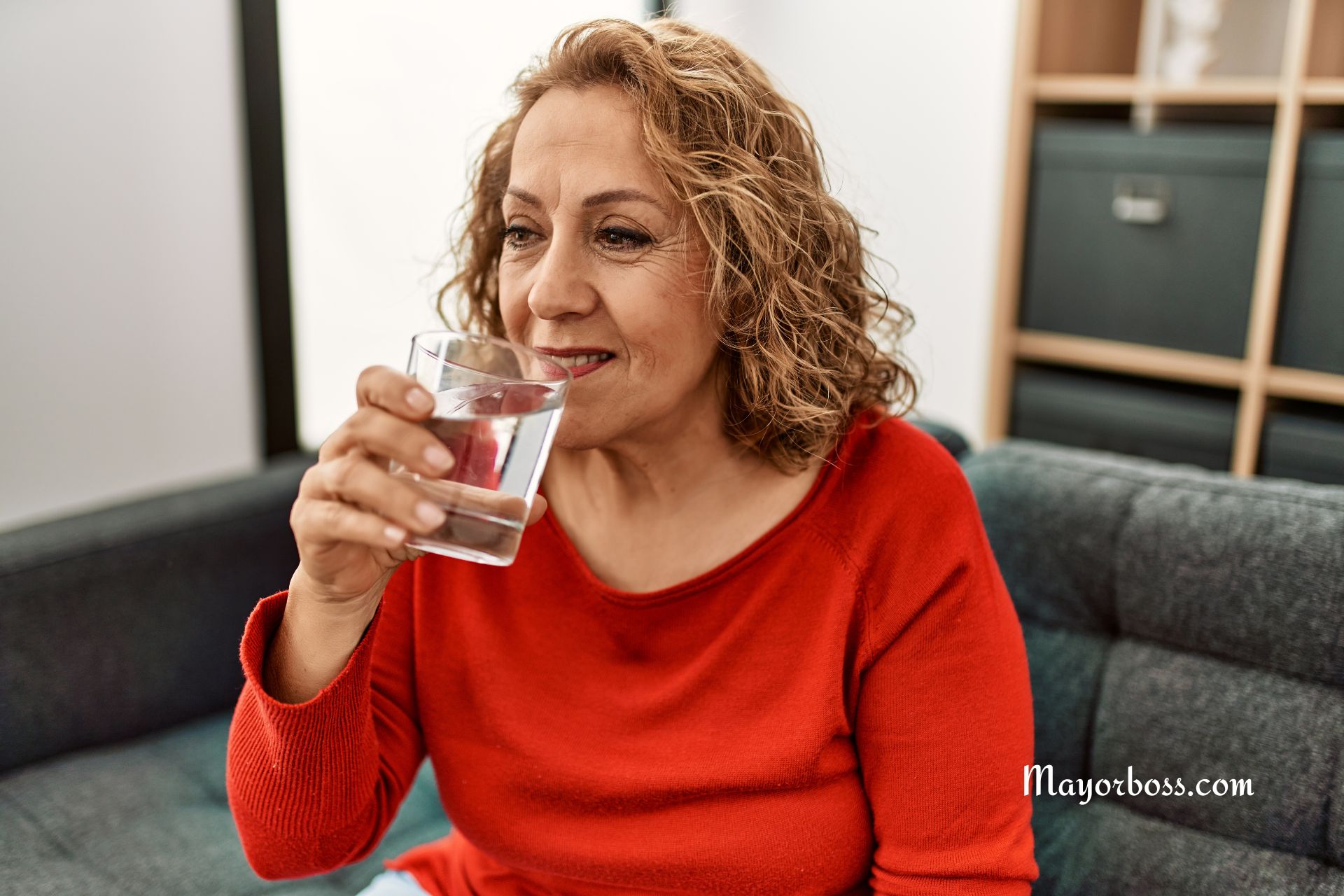7 Reasons Why Your Wound Won’t Heal
Healing is a complex process that your body initiates whenever there’s an injury. Whether it’s a simple cut or a significant wound, your body starts repairing the damaged tissue almost immediately. But have you ever wondered why some wounds take longer to heal than others? Or why some won’t heal at all?
In this article, we delve into six reasons why your wound may not be healing as expected.
Key Takeaway
Understanding the factors that can delay or hinder wound healing is essential to maintaining good health. Various elements, such as age, underlying health conditions, poor nutrition, infection, and improper wound care, can slow down the healing process. By recognizing these factors, you can take appropriate steps to improve healing and prevent complications.
7 Reasons Why Your Wound Won’t Heal
1. Age Is a Factor
One of the inevitable factors influencing wound healing is age. As we get older, our bodies tend to heal wounds more slowly. This is because the skin becomes thinner and loses its elasticity with age, resulting in slower and less efficient healing.
In fact, there have been numerous studies that have showcased that age can have a significant impact on the rate at which our bodies heal wounds. So, when you notice that your wounds are taking longer to heal than they used to, it could be a normal part of aging.
2. Poor Circulation
Poor blood circulation can significantly delay wound healing. The blood supplies the wound with the nutrients and oxygen needed for healing. If blood circulation is poor, the necessary healing elements cannot efficiently reach the wound site.
Conditions like peripheral artery disease, smoking, and obesity can lead to poor circulation.
If you’re a smoker, quitting smoking can significantly improve your circulation. For those who are obese or overweight, losing weight and regular physical activity can help improve circulation.
3. Underlying Health Conditions
Underlying health conditions, such as diabetes, can significantly affect your body’s healing process. If you have diabetes, for example, high blood sugar levels can typically damage your nerves and blood vessels, which means blood and nutrients necessary for healing can’t efficiently reach the wound.
But if you’re managing a chronic condition and notice that your wounds are healing slower than usual, then maybe it’s time to discuss this with your healthcare provider. It’s been observed that with effective management of these conditions, wound healing can improve.
4. Poor Nutrition
Your body requires certain nutrients to heal wounds effectively. These include protein, Vitamin C, and zinc, among others. In other words, poor nutrition can impede your body’s ability to heal.
Food sources rich in these healing nutrients should always be a part of your diet. But, since malnutrition can slow the healing process, you may want to consult with a dietitian or nutritionist to make sure you’re getting the necessary nutrients for optimal healing.
5. Infection
Infections are a common reason for delayed wound healing. Bacteria can enter the wound site, causing an infection that interferes with the healing process.
Nevertheless, signs of an infection include increased pain, redness, swelling, pus drainage, or a foul smell from the wound. If you notice any of these signs, it’s important to seek medical help immediately to treat the infection.
6. Improper Wound Care
Proper wound care is crucial to prevent infection and promote healing. This includes cleaning the wound properly, applying an appropriate dressing, and changing it as instructed by your healthcare provider.
But, improper wound care, including not changing the dressing regularly or using inappropriate cleaning agents, can interfere with the healing process. You have to be vigilant about taking care of your wounds as instructed by your healthcare professional.
7. Medications
Certain medications can also affect wound healing. For example, steroids and some anti-inflammatory drugs can slow the healing process.
Have you checked your medication list recently? If you’re taking any medication and your wounds are not healing, it might be time to discuss this with your doctor.
How To Promote Wound Healing
There are several steps you can take to enhance your body’s ability to heal wounds. Here are a few recommendations:
Maintain a Balanced Diet
A healthy diet is crucial for wound healing. Your diet should include protein-rich foods, fruits and vegetables rich in Vitamin C and zinc, and plenty of water.
Proper Wound Care
Clean the wound as advised by your healthcare provider, apply appropriate dressings, and change them regularly. Be sure to follow all wound care instructions given by your healthcare provider.
Control Underlying Health Conditions
If you have a chronic condition like diabetes, managing it effectively can help your wounds heal more quickly.
In conclusion, various factors can delay wound healing, from aging and chronic diseases to poor nutrition and inadequate wound care. If you’re experiencing slow wound healing, it’s crucial to consult your healthcare provider to identify any potential issues and get appropriate treatment. With the right care, your body can overcome these challenges and heal effectively.
Further Reading: The Ultimate Guide to Healing Wounds Faster






